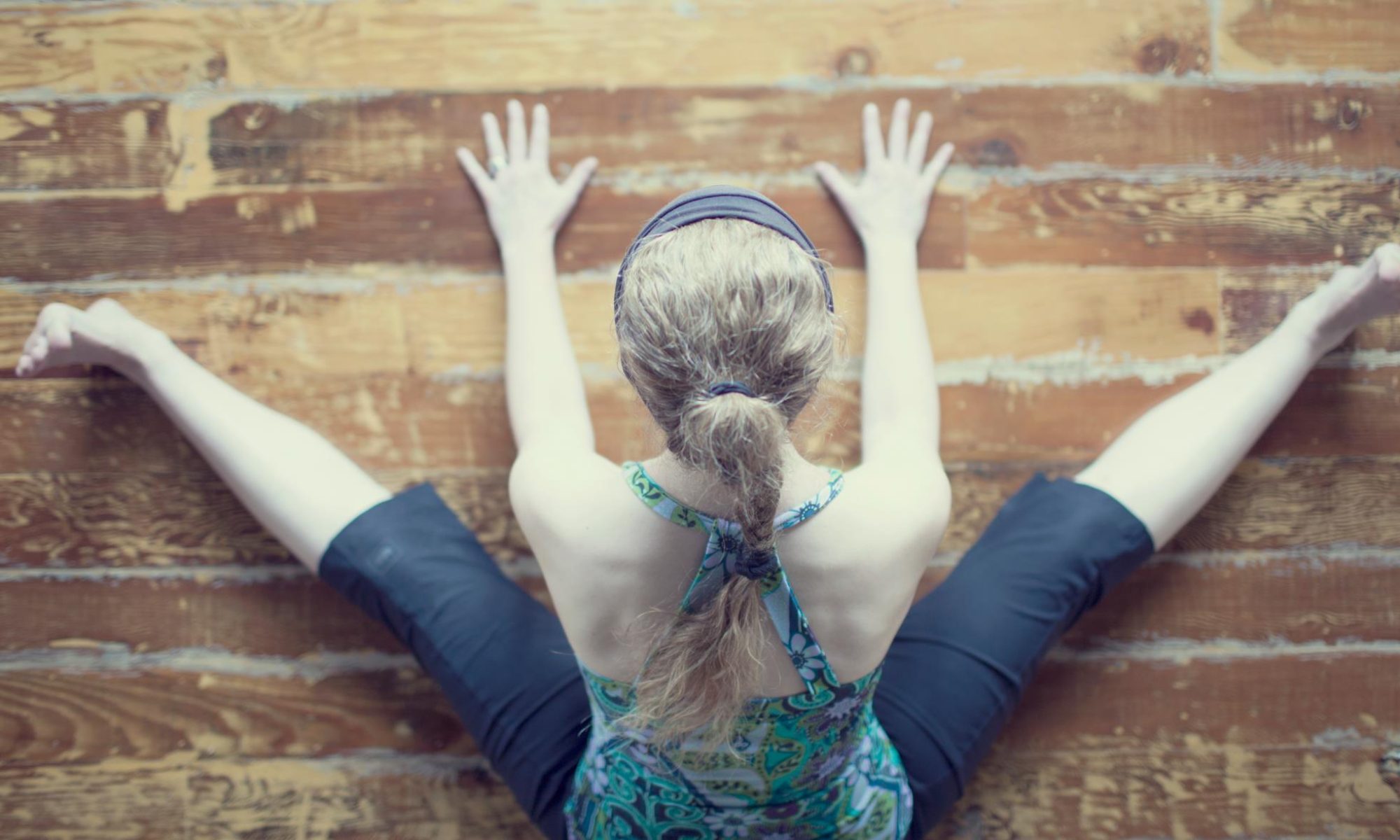
It’s been a while since I shared my thoughts with you in this space – apologies for my absence! These are strange times. Although most often what I’ve been feeling is grateful – grateful that I’m healthy and so is my family, grateful that I have a roof over my head, grateful that my husband is still working when so many have lost their jobs – I have experienced a range of other emotions over the last few months. Anxiety. Frustration. Uncertainty. Disappointment. Boredom. Stir-craziness (perhaps that’s not really an emotion…). I’ve had insomnia. I’ve felt my energy levels wax and wane. However, perhaps more important than the particular range of feelings and emotions experienced is the fact that I’ve listened deeply to what my body has been telling me each step along the way, and I’ve tried to respond with kindness, compassion and acceptance. At the end of the day, that’s all we can do. Change is inevitable. Nothing is certain. We have this very moment in which we find ourselves and we can choose to befriend it and experience it fully, or we can struggle against the inevitable and lose out on the simple joys that this moment might bring.
More and more I recognise the importance of listening deeply within. The answers we seek usually exist somewhere inside of us, we need only be open to what our inner wisdom has to share. I’ve heard quite a number of people observe that these months of lockdown and restrictions have afforded them a rare opportunity to slow down and take stock. Most of the time we focus our attention outside of ourselves, sometimes because that’s what’s required – when we’re at work, caring for others, driving a car – and sometimes because it’s easier to distract ourselves with the external to avoid dealing with the tough questions that might come up when we look within. As our activities have been necessarily restricted to protect our health and the health of our community, we’ve found ourselves with fewer external time demands and more opportunities to reflect on what really matters.
Beyond the devastating loss of life the world is grappling with each day, I’ve been saddened by the less visible casualties as well – seeing small businesses go under, people losing their homes and their livelihoods, being cast into an uncertain future. I’ve also been deeply touched as I read about random acts of kindness, small and large – a reminder that human beings are inherently good, and that a crisis can bring out the best in us. In my personal experience over these last months, I’ve seen a bit of the best and the worst coming out in people, organisations and institutions around me. The actions of those in the ‘worst’ category have enabled me to make healthier decisions about whom I trust and support in the future, while those in the ‘best’ have reinforced my trust in them and strengthened my commitment moving forward. As you look back over the year so far, what has warmed your heart in humanity, and what has given you pause and perhaps made you question or re-evaluate something about yourself and your life?
It’s good to ask ourselves tough questions. It’s good to evaluate our habits and behaviours, our beliefs and expectations. We’re not static beings – we are constantly changing and evolving, learning and unlearning, exploring and discovering new things about ourselves and the world around us. If we pay attention, if we remain open to all of these new teachings and experiences, we can then take what we’ve learned and allow it to shape the way we grow. It can make us stronger and more resilient in the face of challenge; it can make us kinder and more compassionate in the face of suffering and injustice; it can bring out the very best in us, our innate goodness and wisdom, to lead us humbly forward on the uncertain path ahead.



